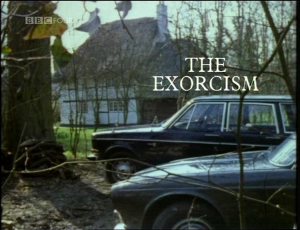by OLIVER WAKE
This piece was substantially revised in December 2014.
Festival Writer: Rudolph Cartier; Adapted and translated from: Theodore Plievier (novel), Claus Hubalek (play from novel); Director: Rudolph Cartier
The early 1960s was a transitional period for BBC television drama. New techniques, notably a move away from live transmissions in favour of pre-recording, enabled more ambitious and polished productions. Subject matter was changing too, with specially written television plays and series overcoming the BBC’s previous reliance on material drawn from the theatre or popular novels. Of course, these changes didn’t happen overnight, and a number of programmes of the period provide a snapshot of television drama in transition, containing elements of both the old and the new, sometimes uneasily colliding in the one production. One such drama is Stalingrad, from late 1963, which has roots in both a novel and its stage adaptation, but also attempts to make the material ‘televisual’, achieving mixed results.1 Here, we’ll examine the play, to see how it came to be made in a mix of styles and how critics and audiences reacted to it.
Festival: ‘Stalingrad’, BBC2, tx. 4 December 1964. ↩


